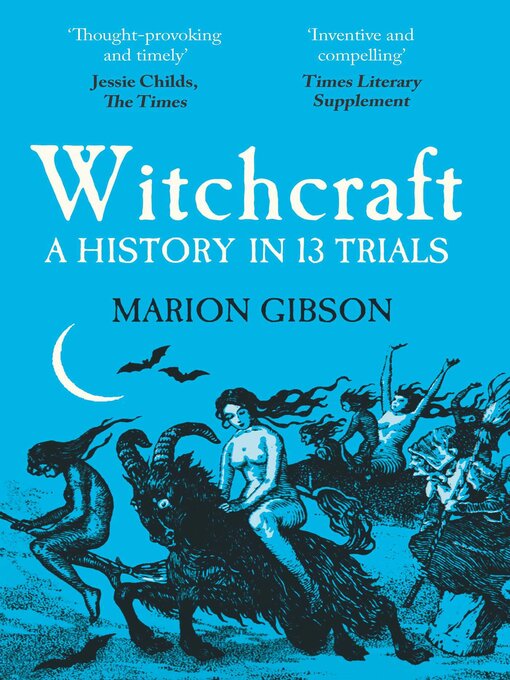- New eBook additions
- New eBook additions for Kids
- New eBook additions for Teens
- Most popular
- Most popular for Kids
- Most popular for Teens
- Available Now
- Available Now for Kids
- Available Now for Teens
- Book Club 2025-2026: Guaranteed Available : Karapu Pukapuka: Wātea Mārika 2025-2026
- Classic Literature Book Club : Guaranteed Available
- Travel Club 2025-2026: Guaranteed Available
- Reese's Pieces
- See all ebooks collections
- New eAudiobook additions
- New eAudiobook additions for Kids
- New eAudiobook additions for Teens
- Most popular eAudiobooks
- Most popular eAudiobooks for Kids
- Most popular eAudiobooks for Teens
- Available now on eAudio
- Available Now on eAudio for Kids
- Available Now on eAudio for Teens
- AudioBook Club 2025-2026: Guaranteed Available
- Classic "Reads" AudioBook Club : Guaranteed Available
- Children's AudioBook Club 2025-2026: Guaranteed Available
- See all audiobooks collections
- Ngā pukapuka i te reo Māori : Books in the Māori Language
- Tusi Samoa : Samoan Books
- Ngaahi tohi ʻi he lea faka-Tongá : Books in Tongan
- किताबें हिंदी में Kitaaben hindee mein : Books in Hindi
- 中文书籍 Zhōngwén shūjí : Books in Chinese
- 中文杂志 Zhōngwén zázhì : Magazines in Chinese
- Buugaag af-soomaali ku qoran : Books in Somali
- Livres en français : Books in French
- Magazines en français : Magazines in French
- Bücher in deutscher Sprache : Books in German
- Zeitschriften in deutscher Sprache : Magazines in German
- Mga libro ma Filipino : Books in Tagalog
- Boeke in Afrikaans : Books in Afrikaans
- See all language collections collections

